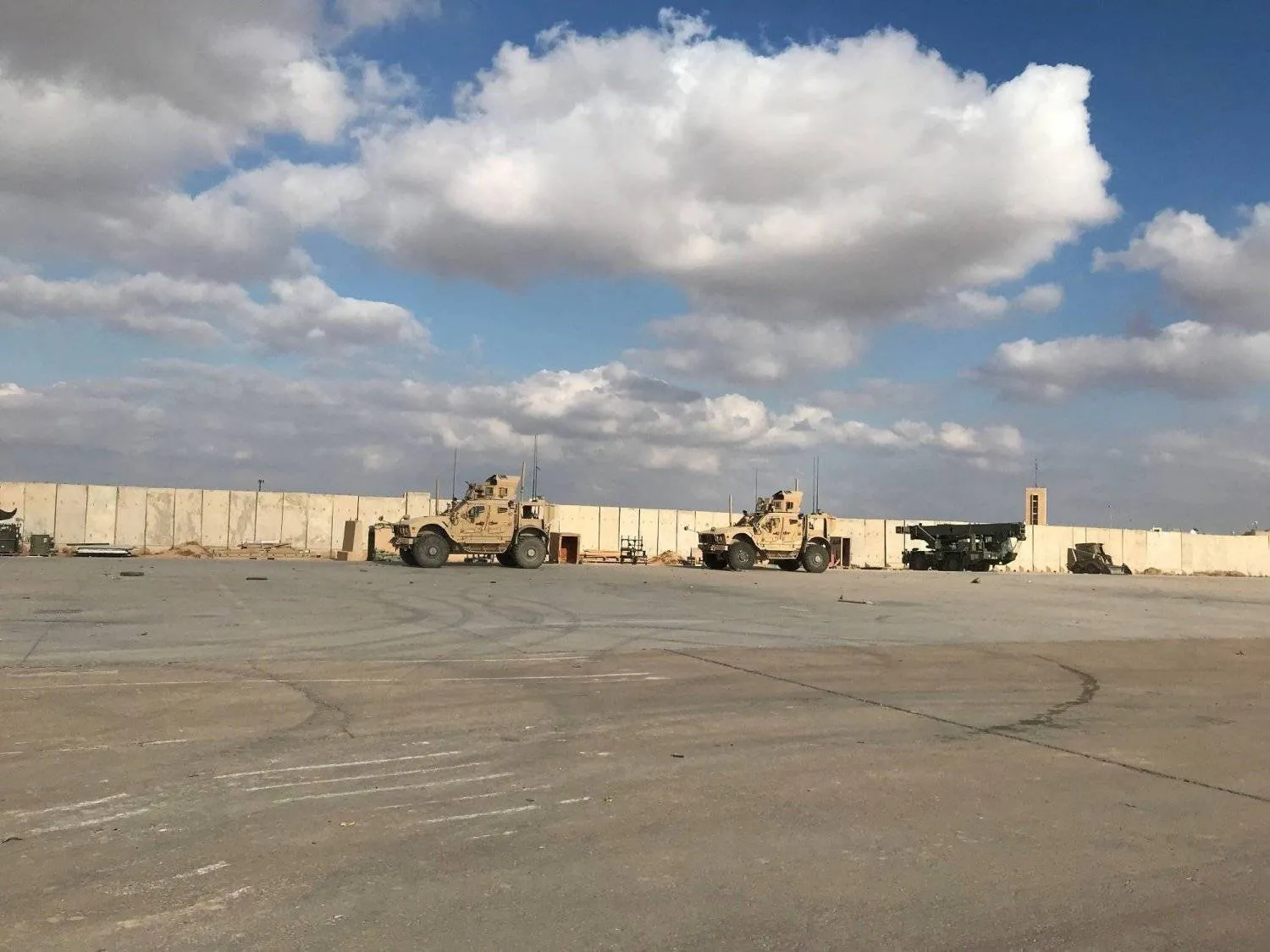At least five US personnel were injured in an attack against a military base in Iraq on Monday, US officials told Reuters, as the Middle East braced for a possible new wave of attacks by Iran and its allies following last week's killing of senior members of militant groups Hamas and Hezbollah.
Two Katyusha rockets were fired at al Asad airbase in western Iraq, two Iraqi security sources said. One Iraqi security source said the rockets fell inside the base. It was unclear whether the attack was linked to threats by Iran to retaliate over the killing of the Hamas leader.
The US officials, who spoke to Reuters on condition of anonymity, said one of the wounded Americans was seriously injured. The casualty count was based on initial reports which could still change, they said.
"Base personnel are conducting a post-attack damage assessment," one of the officials added.
Ismail Haniyeh, the political leader of Palestinian group Hamas, was assassinated in the Iranian capital Tehran last week, an attack that drew threats of revenge by Iran on Israel. Iran blamed Israel for the killing, but Israel has not claimed responsibility.
Coupled with the killing of the senior military commander of the Lebanese group Hezbollah, Fuad Shukr, by Israel in a strike on Beirut last week, the killings have fuelled concern the conflict in Gaza was turning into a wider Middle East war.
Iran has said the US bears responsibility in the assassination of Haniyeh because of its support for Israel.
In a call on Monday, US Secretary of Defense Lloyd Austin and Israeli Minister of Defense Yoav Gallant agreed that the attack marked "a dangerous escalation," according to a Pentagon readout.
Last week the US carried out a strike in Iraq against individuals US officials said were militants getting ready to launch drones and posed a threat to US and coalition forces.
The US has been watching to see if Iran would make good on its vow to respond to the killing of Haniyeh two days ago in Tehran, one in a series of killings of senior figures in the Palestinian group as the war between Israel and Hamas in Gaza rages.
The Pentagon has said it will deploy additional fighter jets and Navy warships to the Middle East, as Washington seeks to bolster defenses following threats from Iran and its allies Hamas and Hezbollah.
A rare ally of both the US and Iran, Iraq hosts 2,500 US troops and has Iran-backed militias linked to its security forces. It has witnessed escalating tit-for-tat attacks since the Israel-Hamas war erupted in October.
Iraq wants troops from the US-led military coalition to begin withdrawing in September and to formally end the coalition's work by September 2025, Iraqi sources have said, with some US forces likely to remain in a newly negotiated advisory capacity.
Baghdad has struggled to reign in Iran-backed armed groups that have attacked US forces there and in neighboring Syria dozens of times since Oct. 7.
Iraqi Prime Minister Mohammed Shia al-Sudani spoke with US Secretary of State Anthony Blinken on Sunday.
An Iraqi official said Blinken asked Sudani to help decrease regional tensions by helping to convince Iran to temper its response to what it says was an Israeli strike in Tehran that killed the leader of Hamas last week.
US Army General Michael "Erik" Kurilla, head of US Central Command, is currently in the Middle East. One of the US officials said Kurilla was speaking with allies to ensure there was coordination in case of an Iranian attack against Israel.
US Personnel Wounded in Attack against Base In Iraq

Military vehicles of US soldiers are seen at Ain al-Asad air base in Anbar province, Iraq January 13, 2020. REUTERS/John Davison/File Photo

US Personnel Wounded in Attack against Base In Iraq

Military vehicles of US soldiers are seen at Ain al-Asad air base in Anbar province, Iraq January 13, 2020. REUTERS/John Davison/File Photo
لم تشترك بعد
انشئ حساباً خاصاً بك لتحصل على أخبار مخصصة لك ولتتمتع بخاصية حفظ المقالات وتتلقى نشراتنا البريدية المتنوعة







